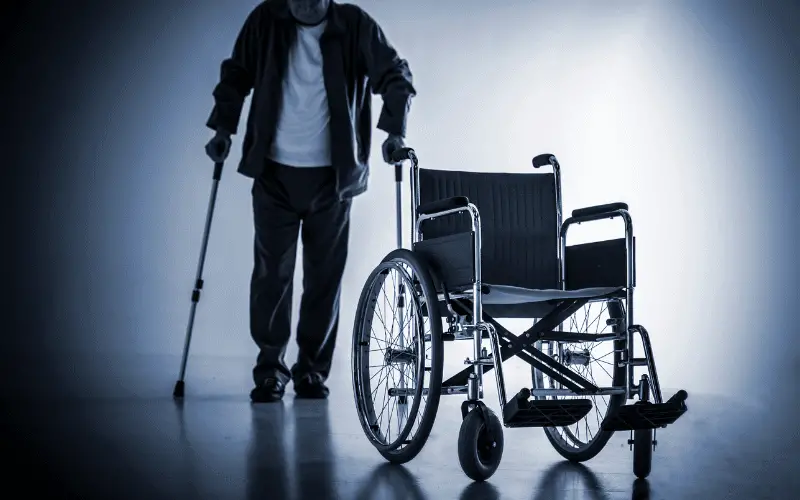Stage 3: Significant Loss of Balance and Mobility

The third stage of Parkinson’s disease is characterized by a more significant loss of balance and mobility, making daily activities increasingly difficult and potentially unsafe. Some of the symptoms experienced during this stage include:
Marked Postural Instability: The Heightened Risk of Falls and Injuries
As Parkinson’s disease progresses into the third stage, postural instability becomes more pronounced, leading to a heightened risk of falls and injuries. Individuals may require assistive devices, such as a cane or walker, to maintain their balance and navigate their environment safely.
During this stage, it is crucial for healthcare providers to prioritize interventions that address postural instability, such as physical therapy and balance training programs. These interventions can help improve balance, coordination, and strength, reducing the risk of falls and injuries and helping individuals maintain their independence for as long as possible.
Increased Dependence on Assistance: The Need for Help with Daily Activities
As mobility and balance become more challenging during the third stage of Parkinson’s disease, individuals may require increased assistance with daily activities. This can include help with dressing, bathing, and meal preparation, as well as support with managing medications and other aspects of their care.
It is essential for caregivers and healthcare providers to work together to provide the necessary support and assistance during this stage, ensuring that the individual’s needs are met and their quality of life is maintained.
Deterioration of Fine Motor Skills: The Struggle with Detailed Tasks
During the third stage of Parkinson’s disease, fine motor skills may deteriorate significantly, making it challenging to perform detailed tasks such as buttoning a shirt, using utensils, or writing. This can be frustrating for the individual and may lead to increased dependence on caregivers for assistance with these activities.
Occupational therapy can be beneficial during this stage, as it can help individuals adapt to the changes in their fine motor skills and develop strategies for managing daily tasks more effectively. (3)